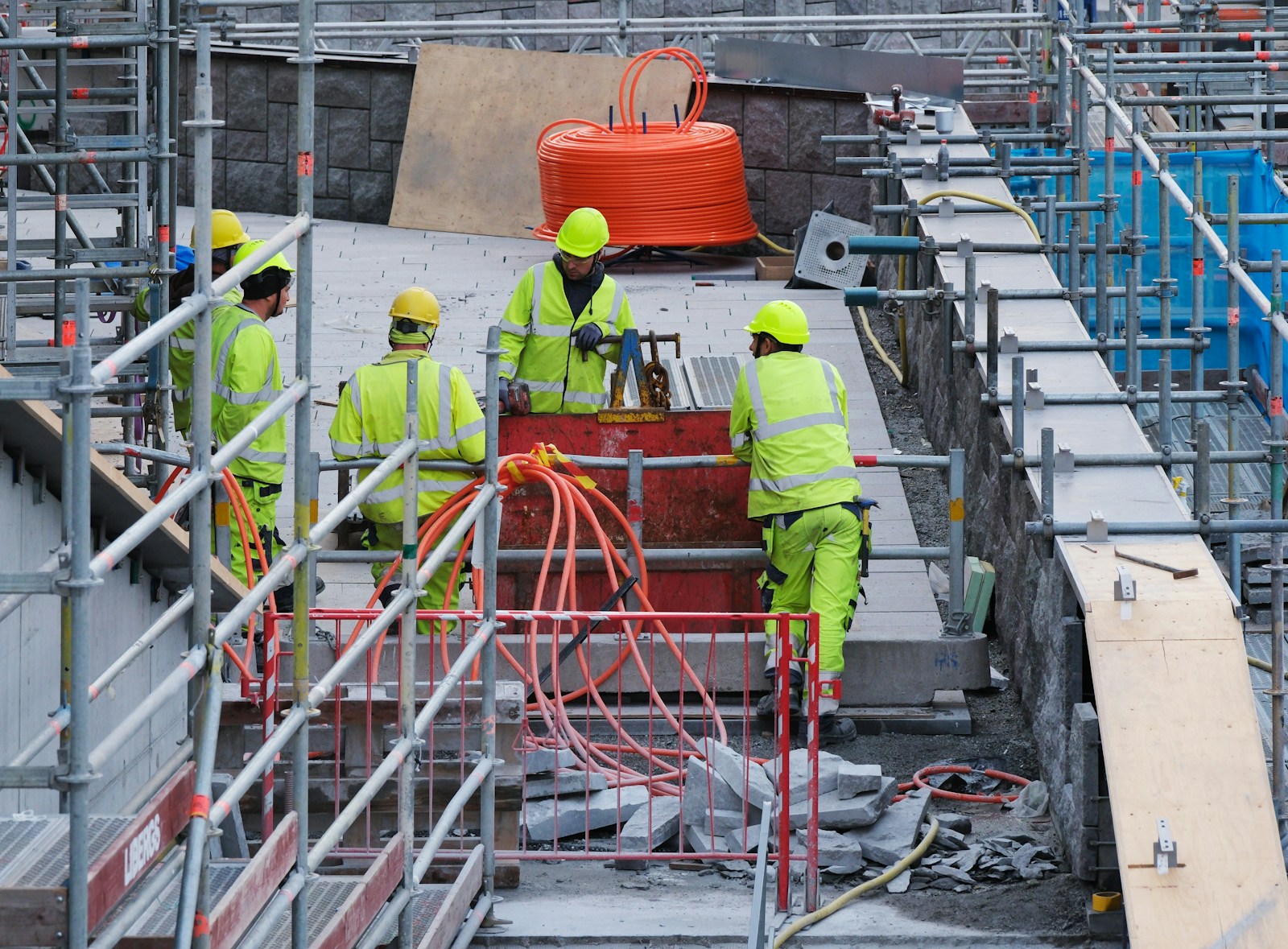Over a flat white in Sydney's CBD recently, a colleague asked me what I thought was the biggest game-changer in modern Australian workplace relations. Without hesitation, I answered: "The Fair Work Act 2009." Let me tell you why this piece of legislation is so fascinating (and yes, workplace legislation can be fascinating!).
A Fresh Start
Remember 2009? Kevin Rudd was Prime Minister, we were all recovering from the GFC, and Australia was about to embark on a bold new experiment in workplace relations. The Fair Work Act wasn't just a tweak to existing laws—it was a complete rethink of how we manage workplace relationships in Australia.
The Birth of "Fair Work"
Think of the Fair Work Act as Australia's workplace relations reset button. After the controversies of WorkChoices, the country was ready for something different. The Act introduced what we now know as our "workplace relations safety net," consisting of:
- The National Employment Standards (NES)
- 10 minimum employment entitlements
- Finally, a clear set of rules everyone could understand
- Universal coverage (with some exceptions)
- Modern Awards
- Simplified industry and occupation-based standards
- Clearer, more accessible language
- Regular review processes
- The National Minimum Wage
- Annual wage reviews
- Evidence-based decisions
- Consideration of economic and social factors
A Human-Centred Approach
What makes the Fair Work Act particularly interesting is its focus on balancing different interests. As one HR director told me recently, "It's like the Act is trying to be both referee and coach—setting rules but also encouraging better gameplay."
The Big Changes
Let's break down the key innovations that really shook things up:
Fair Work Commission
- A one-stop-shop for workplace relations
- More accessible dispute resolution
- Regular review of modern awards
- Powers to deal with bullying and harassment
- Ability to arbitrate when parties can't agree
Enterprise Bargaining
- Good faith bargaining requirements
- Better Off Overall Test (BOOT)
- Protected industrial action provisions
- Emphasis on genuine agreement
- Clear processes for approval and termination
Protected Conversations
The Act introduced the concept of "workplace rights" and protected conversations about them. As one union delegate put it to me, "It meant workers could actually speak up without fear of consequences."
The Real-World Impact
The beauty of the Fair Work Act is in how it plays out in real workplaces. Take Sarah, a café owner I spoke with last week: "Before the Act, I was always worried about getting the rules wrong. Now, I can check the Restaurant Award or the Fair Work website and know exactly what I need to do."
But it's not just small business owners who've seen changes. Let me share a story from a manufacturing plant in Western Sydney. The HR manager there told me how the Act's good faith bargaining requirements transformed their enterprise agreement negotiations. "Instead of sitting across the table like enemies, we started actually listening to each other. It was like someone had given us permission to be reasonable!"
Challenges and Criticisms
Of course, it hasn't all been smooth sailing. Some common critiques include:
- The complexity of the BOOT test
- Time taken for agreement approvals
- Interpretation challenges for small business
- Flexibility vs protection balance
- Cost implications for businesses
- Administrative burden of compliance
Evolution and Adaptation
The Act hasn't stood still. Through regular reviews and amendments, it's evolved to address:
- Workplace bullying
- Family and domestic violence leave
- Flexible working arrangements
- Casual employment definition
- Sexual harassment protections
- Right of entry provisions
The Small Business Perspective
Small business owners have had a particularly interesting journey with the Act. As one owner told me, "It's like learning a new language. Once you get the basics, it starts making sense, but those first few months were challenging."
To help small businesses navigate the system, the Act includes special provisions like:
- Small Business Fair Dismissal Code
- Simplified modern awards
- Free resources and advice
- Reduced paperwork requirements
The Digital Revolution
The Act has had to adapt to new ways of working:
- Remote work considerations
- Gig economy challenges
- Digital platform work
- Artificial intelligence implications
- Electronic record-keeping requirements
- Virtual dispute resolution processes
Looking Forward
As we face new workplace challenges, the Fair Work Act continues to evolve. Current discussions focus on:
- Job security
- Wage growth
- New forms of work
- Work-life balance
- Mental health considerations
- Environmental impacts on working conditions
Practical Tips for Compliance
Having worked with quite a few organisations implementing the Act, here are some key insights:
- Stay informed through Fair Work Commission updates
- Maintain clear documentation
- Seek advice when uncertain
- Involve workers in discussions about workplace changes
- Regular training for managers and supervisors
- Review policies and procedures regularly
The International Context
Interestingly, Australia's system has drawn attention internationally. Our unique mix of minimum standards, modern awards, and enterprise bargaining has influenced workplace relations thinking globally. Apparently Sweden is fascinated by our modern awards system—and they're considering something similar!
The COVID-19 Test
The pandemic really showed the Act's flexibility. Quick amendments allowed for JobKeeper and other emergency measures, demonstrating how responsive our system can be. This included:
- Temporary award variations
- Changed consultation requirements
- New leave provisions
- Remote working arrangements
- Health and safety measures
Future Challenges
As we look ahead, several challenges loom:
- Adapting to technological change
- Managing new forms of work
- Balancing flexibility and security
- Addressing wage growth
- Climate change impacts
- Demographic shifts in the workforce
The Way Forward
The Fair Work Act 2009 remains a living document, continuing to evolve with our changing workplace landscape. As one industrial relations expert recently told me, "It's like a good recipe—the basic ingredients stay the same, but you can adjust the seasoning to taste."
Final Thoughts
The Fair Work Act 2009 represents more than just legislation—it's a statement about the kind of workplaces we want in Australia. While it's not perfect, it provides a framework that can adapt to changing times while maintaining core protections.
As we face future workplace challenges, the principles embedded in the Act—fairness, consultation, and balance—will remain crucial guideposts for navigating change.
Remember, at its heart, the Act is about creating better workplaces for everyone. And that's something worth raising your flat white to.





0 Comments